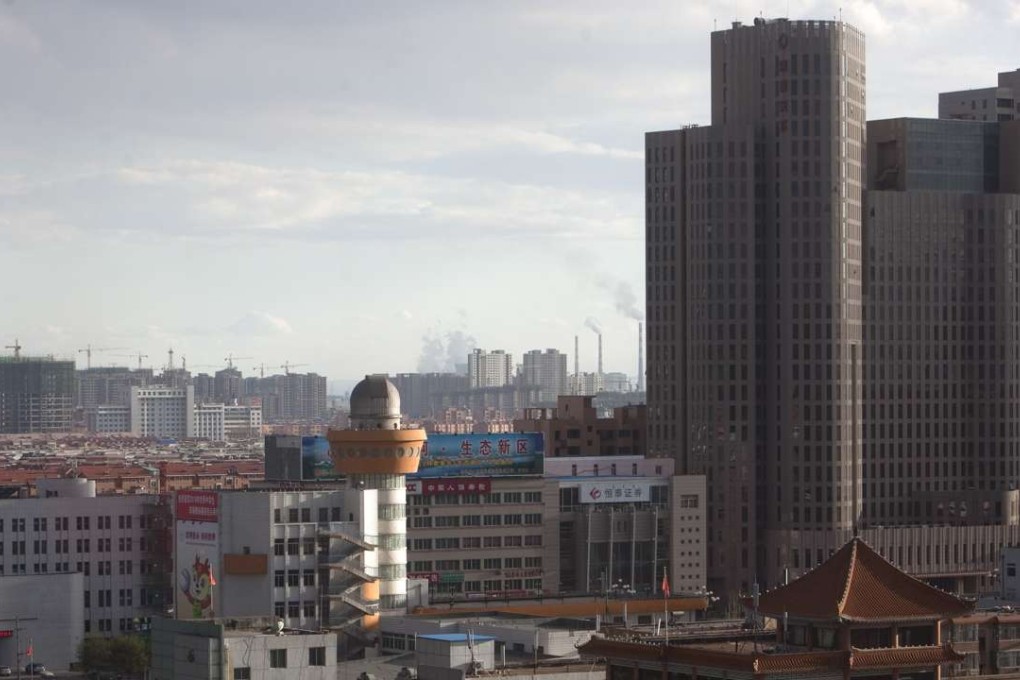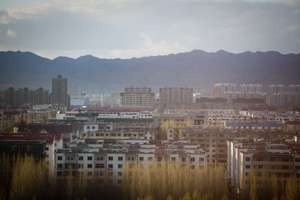New | The stocks linked to China’s missing tycoon Xiao Jianhua

Here’s a list of publicly traded companies in mainland China and Hong Kong that linked to him, according to the Herald’s interview and entries in Baidu Baike.
Companies majority owned by Xiao:
Baotou Tomorrow Technology Co. (600091)
Zhengyuan owns 34.6 per cent of Baotou Tomorrow Technology Investment, while Beida owns another 3.4 per cent, according to Bloomberg’s data. Based in the largest industrial city of Inner Mongolia province, Tomorrow Technology is a raw materials producer, earning the majority of sales from manufacturing caustic soda, phenol, calcium carbide and plastic resins. It reported a net profit of 33.8 million yuan in 2015, recovering from two years of losses and declining revenues. Fiscal 2016 financial results are due on March 10. The stock has risen 18 per cent in the year through January 26, when trading was halted for Lunar New Year holidays on the Shanghai bourse.
